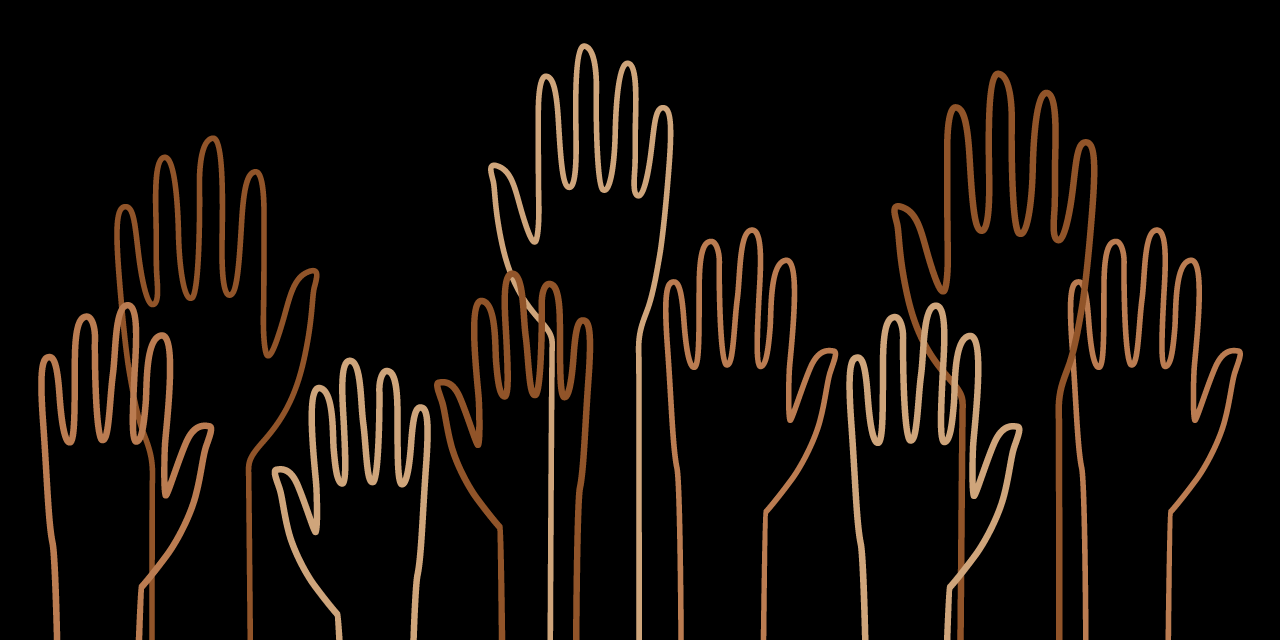Critical Race Theory: Why Do Legislators Feel So Threatened By the Truth?
Rolling out of bed, I tie my tangled mess of curls into a loose bun on my head. I prepare for the long hours ahead, gathering my complex collection of detangling creams, oils, curl-defining puddings, soufflés, and gels. Next, I organize my styling tools into a line on the bathroom counter: a wide-tooth comb, an afro pick, a detangling brush, and a fine-tooth comb. Today is Wash Day. It is the day women of color set aside for washing, moisturizing, detangling, and styling their hair. It’s a process.
As I remove the scrunchie from my hair, my dry, flat, shineless curls gently flop down, resting on my shoulders. The strands silently long for moisture as I separate my hair into four sections. The warm water gently saturates every inch of my scalp, and each curl appears weighed down as I cover my head in shampoo and conditioner. I gather my hair into a tight bun and let the conditioner sit for 15 minutes.
As an antsy young child, I always dreaded Wash Days. I remember sitting on a pillow in my mother’s lap for hours as she neatly parted my hair into small braided sections with colorful beads and barrettes. It wasn’t until age 11 or 12 that my mother finally allowed me to complete my Wash Days and style my hair. Although it may sound like a regular coming-of-age occurrence, it was more like a meaningful passing of the torch.
Wash Days represent the significance of hairstyles within the Black culture, from braids and locks to twists and afros. They connect us to the resilient, enslaved African men and women who gave us our curls and coils and who were deprived of their freedoms. They remind us of the importance of our ancestors who sported big, bold afros while marching in the Civil Rights Movement. They empower us to follow in the footsteps of historical greatness.
Ultimately, by recognizing the importance of Black history and, more specifically, keeping that history alive, I have developed a strong passion for promoting critical race theory (CRT) in K-12 schools. According to the Brookings Institution, CRT aims to educate all students about how racism is systemically embedded into our societal structures by providing a holistic historical context. Rather than upholding White perspectives and dismissing marginalized voices like many current curricula, CRT would offer more inclusive, truthful interpretations of society. If enacted, it would highlight stories of color and enforce the idea that everyone, no matter their race, should be knowledgeable about how racism shapes human experiences.
According to Education Week, 44 states have introduced anti-CRT legislation since January 2021. Many of these legislators claim that the updated curriculum is dangerous because it will demonize White students and encourage students of color to blame them for their oppression. However, this is a false representation of the CRT curriculum. CRT is meant to inform everyone about how injustice is perpetuated through our education systems, medical systems, employment practices, and other aspects of society.
This curriculum provides an opportunity for every person to have a well-informed foundation for us to unite and effectively dismantle these flawed societal structures. CRT does not advocate for the placement of blame; it advocates for accountability driven by historical facts. It’s infuriating that White legislators would instead continue to sweep the history of marginalized groups under the rug than recognize how America’s White supremacist values have been and continue to be upheld within K-12 education.
By doing so, they are actively excluding students of color from academic conversations, thus promoting the idea that their histories do not deserve to be acknowledged or discussed. This lack of representation can heavily influence how students understand their narratives as they age.
For these reasons, we must take responsibility for our knowledge. We must recognize how the American education system has attempted to strip us of our power so that we can effectively counter it. Legislators are desperately trying to belittle and ignore the contributions of our ancestors. They are trying to disempower our sisters and brothers through false narratives and unfinished stories. Rather than succumbing to their attacks on our minds, we should retaliate by rejecting the tactics that they use to confine our greatness. We are responsible for pursuing protest and literature that embraces diversity, asking uncomfortable questions, and expressing our desires for change openly.
We come from perseverance, audacity, and strength, and that history lives within us. And so, I end this Wash Day with a proud smile as I apply the last of my creams, puddings, and gels and happily fluff out my afro.
Shiloh Wolfork
Classification: Junior
Studying: English and Management and Organization
Role: Host/Editorial Team



